In the wake of another unspeakable attack on the Asian American community, the movie of the week (Mar. 14-20, 2021) is “Asian Americans”.
Enter the five-hour film series from PBS, Asian Americans, which delivers a bold and fresh perspective on a history that matters today, more than ever.
Fear and fallout from this week’s deadly shootings in Atlanta have echoed across the country. While investigators have not confirmed a motive in the attack, many have deemed it a hate crime and condemned the attempts to remove race from the conversation — highlighting this tragic event as yet another example of the denial of the racism and sexism Asian and Asian American women face.
On March 18th, lawmakers held a hearing on the issue of hate crimes against Asians, during which they called for a shift in public rhetoric surrounding Covid-19 and foreign policy, as well as passing new hate crime legislation to address rising discrimination and violence against Asian Americans. Rep. Judy Chu argued that the Asian American community has reached a crisis point that cannot be ignored, while Rep. Michelle Steel pointed out that “sixty-eight percent of these incidents and crimes were targeted towards Asian American women.”
As America becomes more diverse, and more divided while facing unimaginable challenges, ASIAN AMERICANS attempts to address one very important question: how do we move forward together? Told through intimate personal stories, the series casts a new lens on U.S. history and the ongoing role that Asian Americans have played.
This landmark documentary series first premiered in May 2020 on the PBS website in honor of Asian Pacific American Heritage Month. Now, in light of the Atlanta area shooting, PBS had made the series freely available to stream online.
THE RIGHT FILM FOR THE RIGHT TIME
With a mostly Asian American production team helmed by series producer and Academy Award-nominated documentary filmmaker Renee Tajima-Peña (Who Killed Vincent Chin?), the series takes a deep dive into a seldom-discussed history of the diverse array of Asian Americans in the United States.
The series begins in the mid-19th century with the lure of the Gold Rush and the quest for cheap labor to build the transcontinental railroad. The first episode, “Breaking Ground,” narrated by actor/producer Daniel Dae Kim, explores how Asians became America’s first “undocumented immigrants” in an era of exclusion and U.S. imperialism. They became the backbone of the American economy, even as they were barred by anti-Asian laws; eventually taking their fight for equality to the Supreme Court and helping define the path to American Citizenship.
The strength of the first episode lies in the way it shares the untold stories and history of Asian immigrants, told through a personal lens that allows us to hear from the actual descendants of these immigrants, combined with important historical context. Through a few select stories, we learn about the challenges and triumphs many immigrants and their families faced in their quest for citizenship and acceptance. This approach gives a name and a face to what is often a throwaway line in a history book.
Most of the history explored in Asian Americans will be unknown to those who didn’t study Asian American studies, because it’s not a history that is taught in American public schools. While classrooms may briefly cover the highlights (or low lights, as it were), of this history, it’s never given the attention it deserves — despite the importance of the Asian American experience to the fabric of our American history.
“Breaking Ground” fills in those details in an astonishing and eye-opening manner.
The series continues to explore the history of the Asian experience in the United States and the consistent thread of anti-Asian racism.
This includes the Chinese Exclusion Act, the Japanese internment camps during World War II, and violence resulting from the ethnic scapegoating during the Vietnam War and after the 9/11 attacks. We witness the lives of generations born into a country that questioned their loyalty. We delve into the model minority myth that pitted “good” Asian Americans against other communities of color.
Viewers are taken on a remarkable journey that includes the stories of notable early Asian migrants, like Antero Cabrera, who was brought from the Philippines to be displayed in a replica Igorot “village” at the 1904 World’s Fair. Other highlights include the story of Indian American writer Bhagat Singh Thind, who fought for the United States in World War I and was denied citizenship twice because he was not white, and the Chinese laborers who gave their sweat and sometimes lives to building America’s railroads but were largely erased from photographs of its completion.
The series concludes with an excellent episode, “Breaking Through,” which examines the quest for Millennials to achieve social justice.
Given the tumultuous, 150-year history of Asians in America — a history fraught with legalized discrimination, rampant racism, and inhumane treatment — it’s inevitable the series would be at times heartbreaking and deeply upsetting to watch. But it’s also incredibly hopeful and inspiring. At its core, this is a series intent on celebrating the grit and resilience of a people, long excluded and considered outsiders, who have pursued the American Dream against all odds. It’s about the fight for opportunity and a better life, the pursuit of ideals of equality, and a community that has become synonymous with American possibilities.
“This is by no means a story of grievance and victimization,” said producer Renee Tajima-Peña. “It’s really how Asian Americans met this challenge in the courts, at the ballot box, in the culture, in the streets, and how they really pushed for a more perfect union. … So it’s the story of America.”
WHY IT MATTERS
Asian Americans illuminates the historical roots of contemporary hate crimes.
Prior to 2020, the century and a half of racist attacks detailed in Asian Americans might have felt like ancient history. But through the lens of a pandemic that originated in China and has devastated the United States, the themes of scapegoating and fear of the foreign enemy now feel painfully familiar. But it’s not just that history has a nasty way of repeating itself; it’s how easily our history is forgotten — or, more to the point, how often it’s never really learned.
As long as Asians have been in the United States, they’ve helped shaped its history. At the same time, they have often been left out of the history books and the classrooms across America. Even in the homes of Asian American families, the history often goes unspoken by older generations who had to endure xenophobia, racist legislation, wars, and persecution in pursuit of the American dream.
During bad times, such as the Second World War or the collapse of the auto industry in the eighties, Asian Americans were scapegoats. The coronavirus pandemic has revived hurtful stereotypes about Asian people, with the Chinese accused of being the primary bearers of the disease, drawing from nineteenth-century stereotypes that they are unclean. Asian Americans have been left vulnerable to attack in the wake of dangerous and racially motivated rhetoric by national figures, while forced to question their place in America amid a horrifying rise in White nationalism and domestic extremism.
Even as overall hate crimes fell in 2020, hate crimes against Asian Americans in major U.S. cities grew nearly 150 percent. Since the early days of the COVID-19 pandemic, the group Stop AAPI Hate has recorded nearly 4,000 reported incidents of hate against Asian Americans and Pacific Islanders. As the virus spread across the U.S., the Trump administration repeatedly deflected responsibility for their inept handling of the pandemic by blaming China. But it wasn’t just China that bore the weight of the criticism. Indeed, it was Chinese Americans… or anyone who looked like them.
However, the virulent anti-Asian racism of the early pandemic was widely ignored and dismissed.
In an interview with NPR’s Ailsa Chang, filmmaker Renee Tajima-Peña explained how Asian Americans still remain essentially invisible in popular culture. In a recent Los Angeles Times editorial, Korean American actor John Cho wrote how belonging for Asian Americans has always been conditional. “One moment we are Americans, the next we are all foreigners, who ‘brought’ the virus here.” Daniel Dae Kim helps narrate Asian Americans, and he himself faced racist trolling when he shared his COVID-19 diagnosis on Instagram.
In an interview for the New York Times, Kim discussed the resonance of the documentary in the age of Covid-19. “No one should have to prove that they’re American,” he explains. “The same standard should apply to everyone regardless of what color their skin is and what religion they follow.”
Kim goes on to explain that the rise in anti-Asian racism has made him think differently about the documentary’s potential impact. “It makes it all the more important that people understand and see that this has happened in the past. There’s that saying about those who forget history are condemned to repeat it — this is a way of hopefully preventing history from repeating itself.”
WATCH IT NOW
As Asian American communities reel from an uptick in violence and hate spurred by racist rhetoric about the coronavirus pandemic, advocates are urging Americans to be allies in actionable ways that go beyond words. The first step is understanding the history of Asian Americans in the United States — a history that has been largely ignored, whitewashed, and omitted from American history books.
“We believe that ethnic studies and understanding sources of racism really promotes racial empathy … or community,” said Stop AAPI Hate’s Choi.
Asian Americans seeks to provide a greater understanding of the different experiences of different Asian American communities; to convey that the community is not monolithic, but rather a rich and highly diverse population. Asian Americans have often been singled out for vilification because blame is so much easier to assign when communities are rendered as monoliths, lacking in nuance, and defined by shallow stereotypes.
“What we want to say as filmmakers is, we’re a country that’s increasingly diverse, but at the same time more divided. So how do we move forward together?” explains Tajima-Peña.
“I mean, that’s a real question of the series. How do we move forward together? And there’s a lot in the Asian American story that helps us see how we can move forward together. That’s what we really want the audience to take away.”


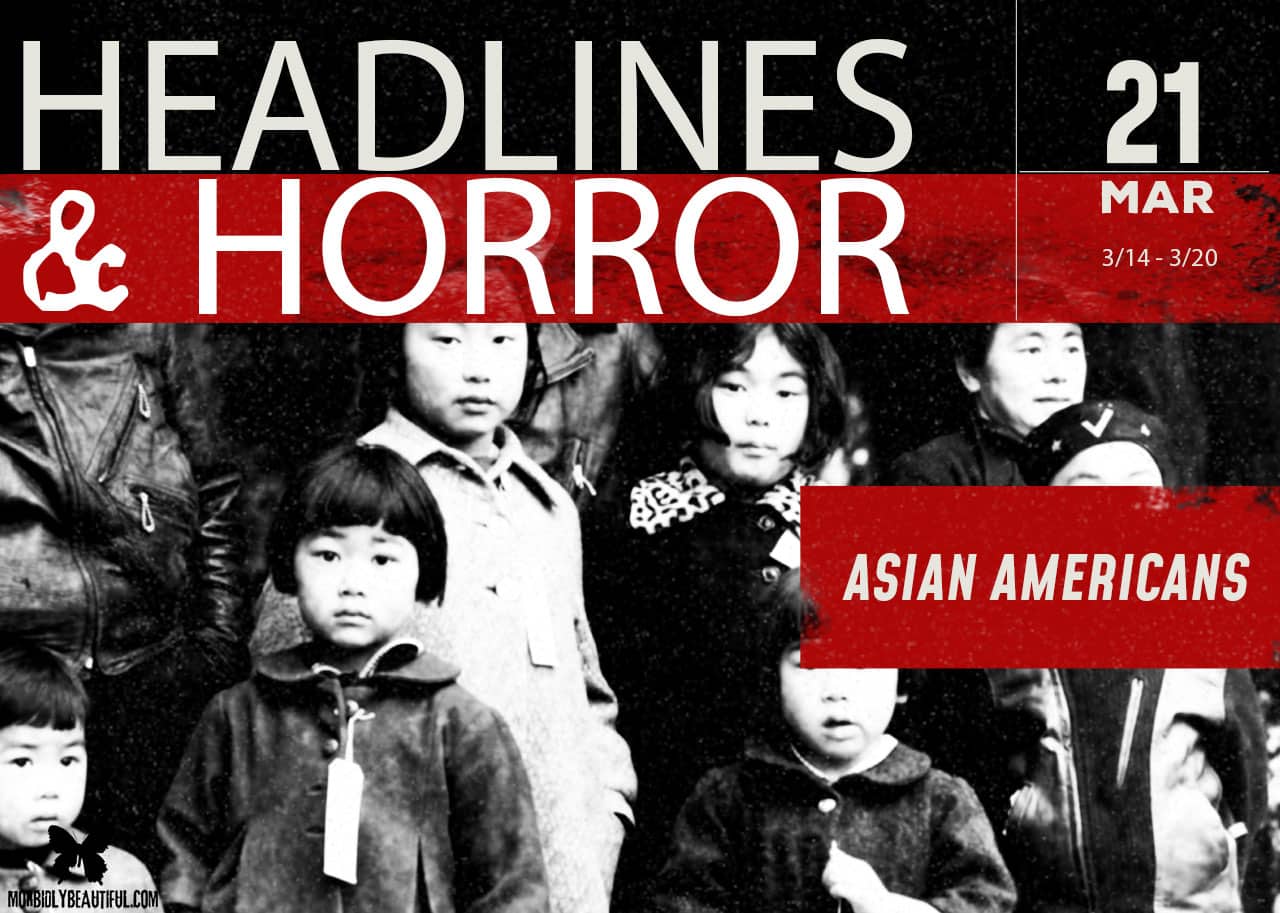
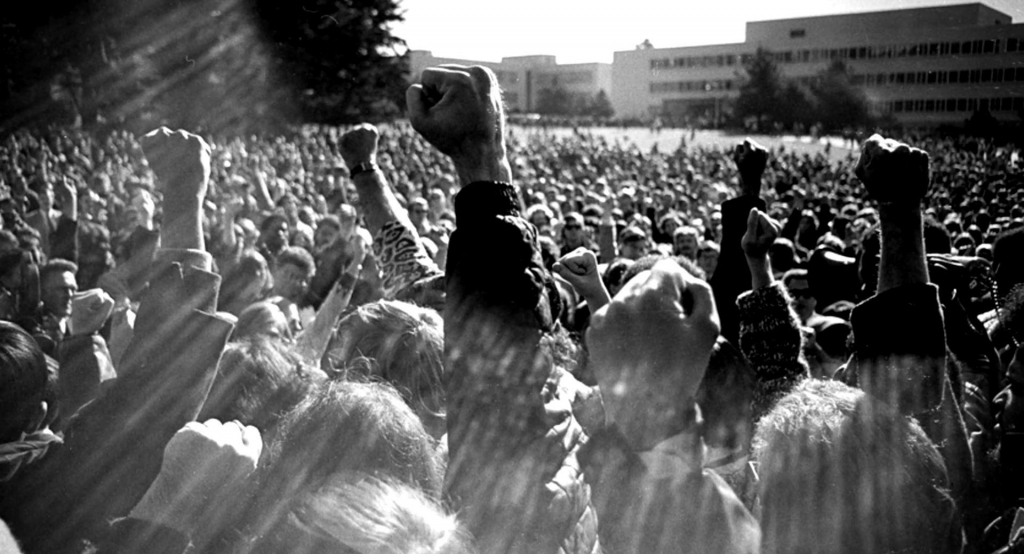
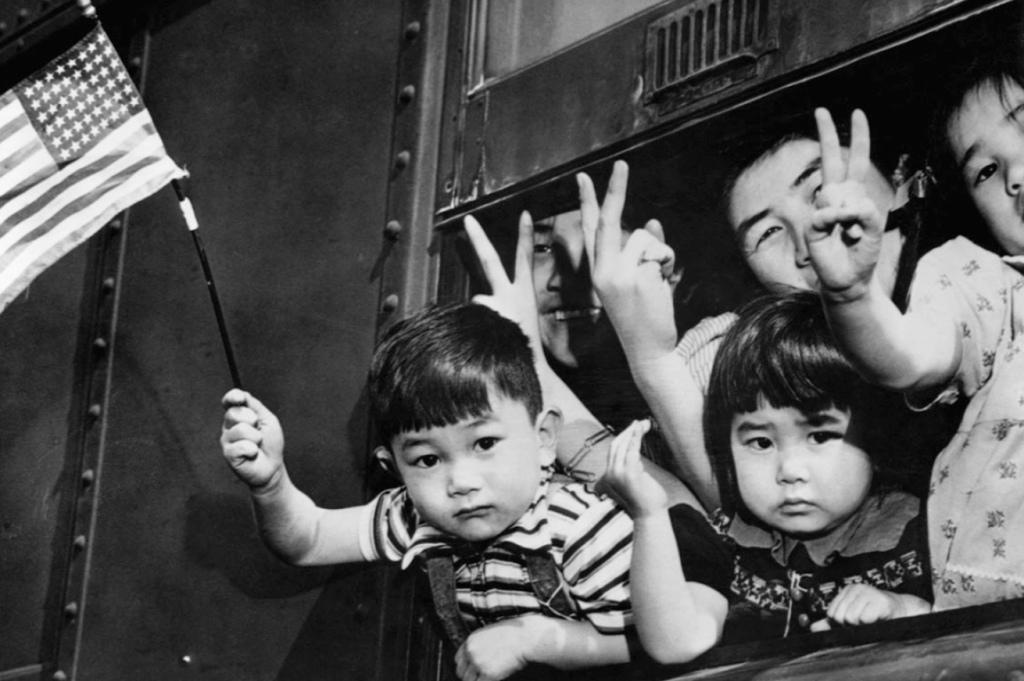
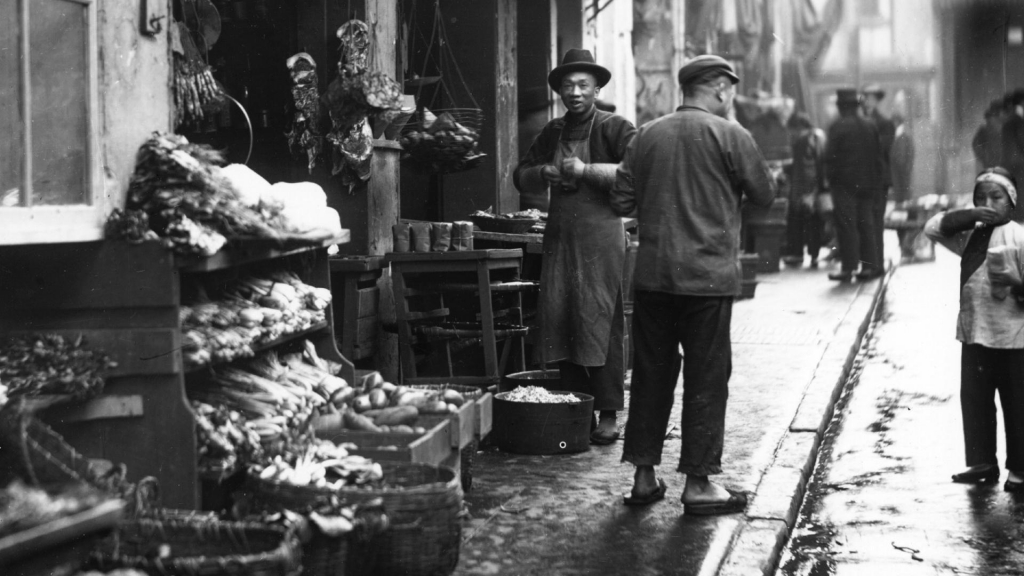
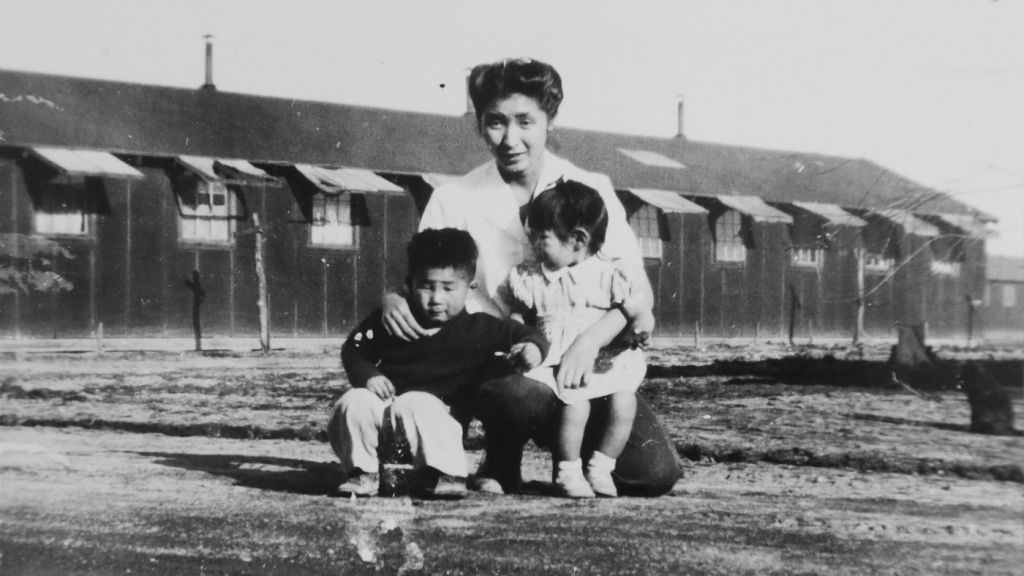
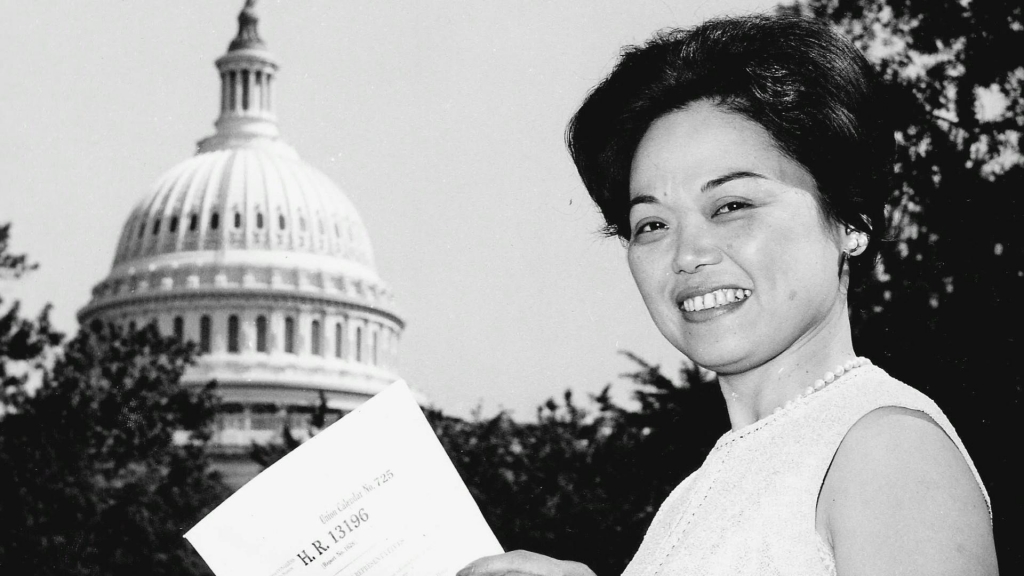
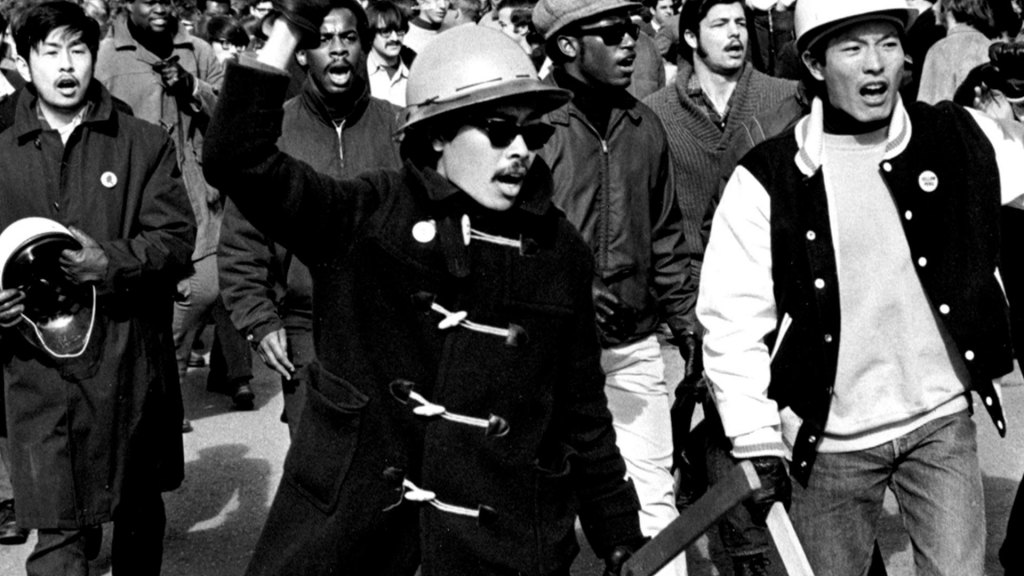












Follow Us!